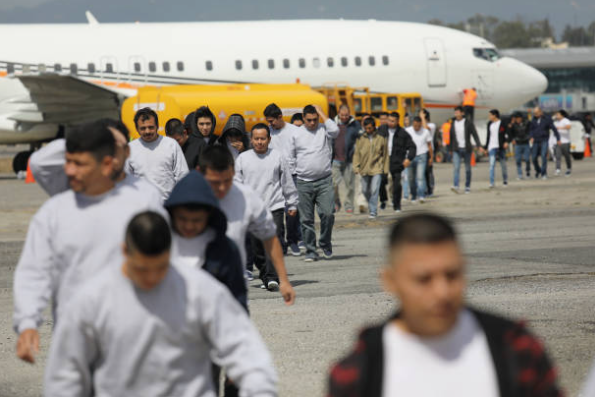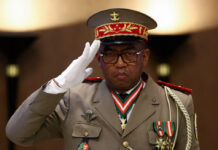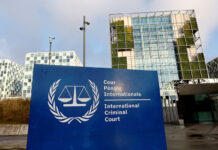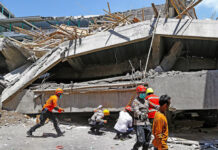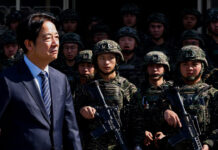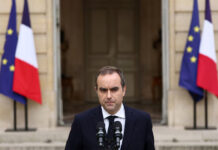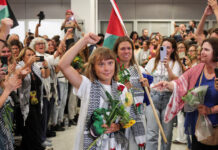Gertrudis Pineda is on the verge of collapse, overwhelmed by the lack of information about her son, Oscar—one of 238 Venezuelans deported by the U.S. to a maximum-security prison in El Salvador.
The mere mention of Oscar’s name brings her to tears.
“My son only wanted to pursue the American Dream, but now he’s trapped in a nightmare,” she sobs.
Oscar had been living in Dallas, Texas, working as a carpet installer in apartments. “He helped me by sending money for the family and for his father’s diabetes medication,” Gertrudis explains.
Now, she is 1,800 kilometers away, speaking from the sweltering heat of Zulia state in western Venezuela. Between them lie six national borders and the fortified walls of Cecot—El Salvador’s infamous “Terrorism Confinement Centre,” a prison built to house violent members of the MS-13 and 18th Street gangs.
The U.S. government claims the Venezuelans detained at Cecot are members of the Tren de Aragua gang. Under the 1798 Alien Enemies Act, the Trump Administration deported them without due legal process, ignoring a federal judge’s order to turn the planes around—bringing the U.S. Justice Department into direct conflict with the court.
Gertrudis had known that U.S. Immigration and Customs Enforcement (ICE) agents had detained her son, but she believed he was still in Texas and likely being sent back to Venezuela. The shocking truth only surfaced when her other son, who lives in Colombia, saw Oscar’s name on a televised list of detainees.
Shortly after, images emerged of the 238 Venezuelans having their heads shaved as they were processed at Cecot. Among them, Gertrudis recognized Oscar by the rose tattoo on his forearm.
The White House maintains that those deported to Cecot were thoroughly vetted. Trump Administration officials insist they are dangerous gang members—despite acknowledging in court documents that many have no U.S. criminal record.
While El Salvador’s president, Nayib Bukele, and his supporters hail Cecot as the ultimate solution to gang violence, human rights activists describe it as “a black hole of human rights violations.”









